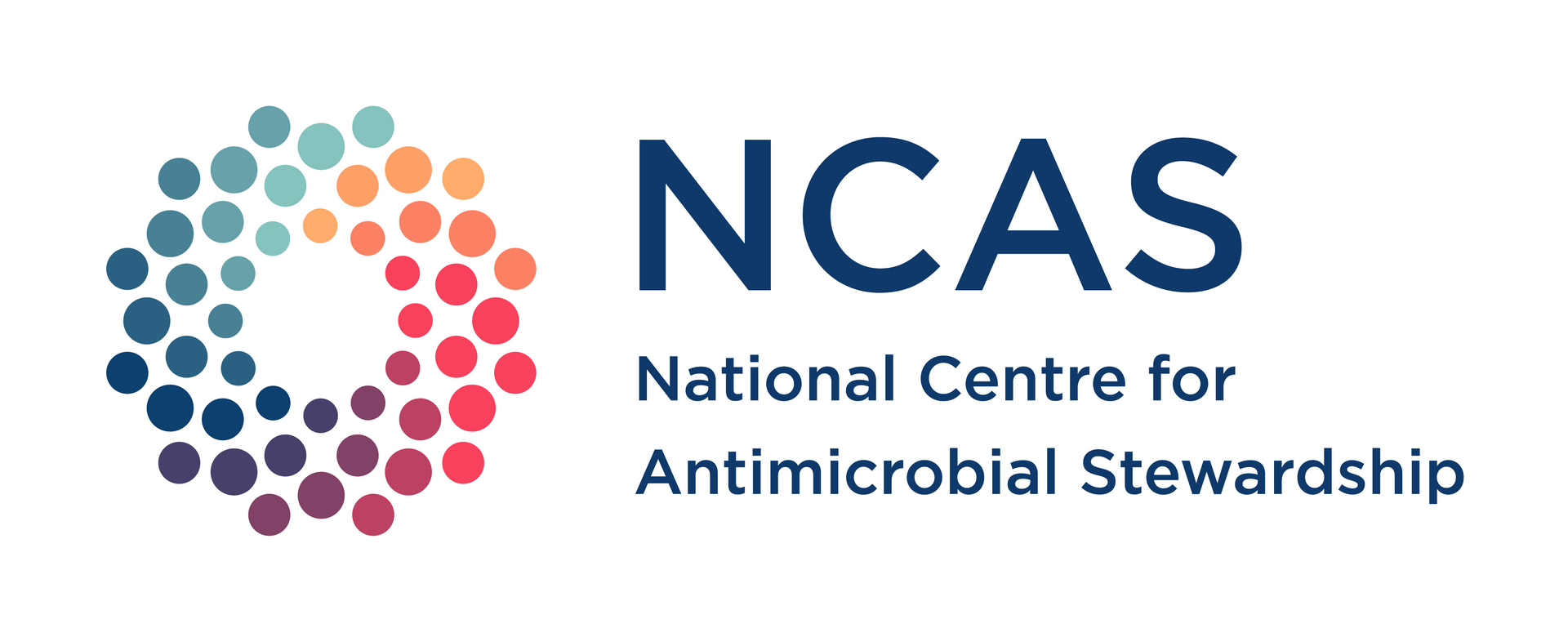Antimicrobial Stewardship
Background
Antimicrobials include all medicines that are prescribed to prevent or treat infections caused by microbial pathogens, and include antibiotics (for bacteria), antivirals (for viruses), antifungals (for fungi) and antiparasitic agents (for other parasites).
Antimicrobials are amongst the most commonly prescribed drugs. Misuse or unnecessary overuse of antimicrobials has consequences for patients and the community.
First and foremost, it impacts upon the quality and safety of patient care. If a patient is not receiving the recommended best therapy to prevent or treat infection, then they have a higher risk of morbidity and mortality. Antimicrobial agents and therapies, like all medicines, carry the risk of adverse effects. These may include side effects such as nausea and diarrhoea, allergic reactions, effects of drug-drug interactions (e.g., cardiac arrhythmias) or other severe consequences such as antibiotic-induced Clostridioides difficile
colitis, which in itself can lead to morbidity and death. A patient is exposed to these risks unnecessarily if they are prescribed antimicrobial treatments that they did not need.




















